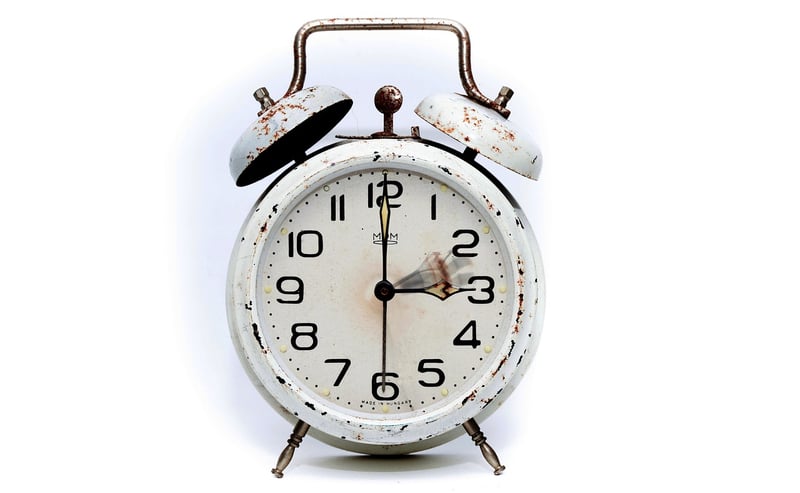Paradoxes
The Impacts of Time Travel and Paradoxes
Time travel has been a fascinating concept in science fiction for decades, captivating audiences with its possibilities and complexities. While the idea of traveling through time opens up a realm of exciting adventures, it also brings forth various impacts and paradoxes that challenge our understanding of the universe.
Impacts of Time Travel:
1. Butterfly Effect: One of the most significant impacts of time travel is the butterfly effect. Even small changes made in the past can have ripple effects that drastically alter the course of history.
2. Grandfather Paradox: Another impact is the classic grandfather paradox. If a time traveler were to go back in time and prevent their grandfather from meeting their grandmother, it would create a paradox where the time traveler could never be born.
3. Multiple Timelines: Time travel can also lead to the creation of multiple timelines or parallel universes, where different versions of events unfold based on the time traveler's actions.
Paradoxes in Time Travel:
1. Bootstrap Paradox: In a bootstrap paradox, an object or information exists without being created. It raises questions about the origins of objects and how they come into existence.
2. Predestination Paradox: The predestination paradox involves a time traveler unknowingly causing the event they traveled back in time to prevent, leading to a loop with no clear beginning.
3. Temporal Causality Loop: This paradox occurs when an event influences the past that leads to its own occurrence, creating a loop where the event is its own cause.
Conclusion:
While time travel is a captivating concept that sparks the imagination, it comes with significant impacts and paradoxes that challenge our understanding of time, causality, and the fabric of reality. Exploring these intricacies in fiction allows us to delve into thought-provoking scenarios and contemplate the mysteries of the universe.


